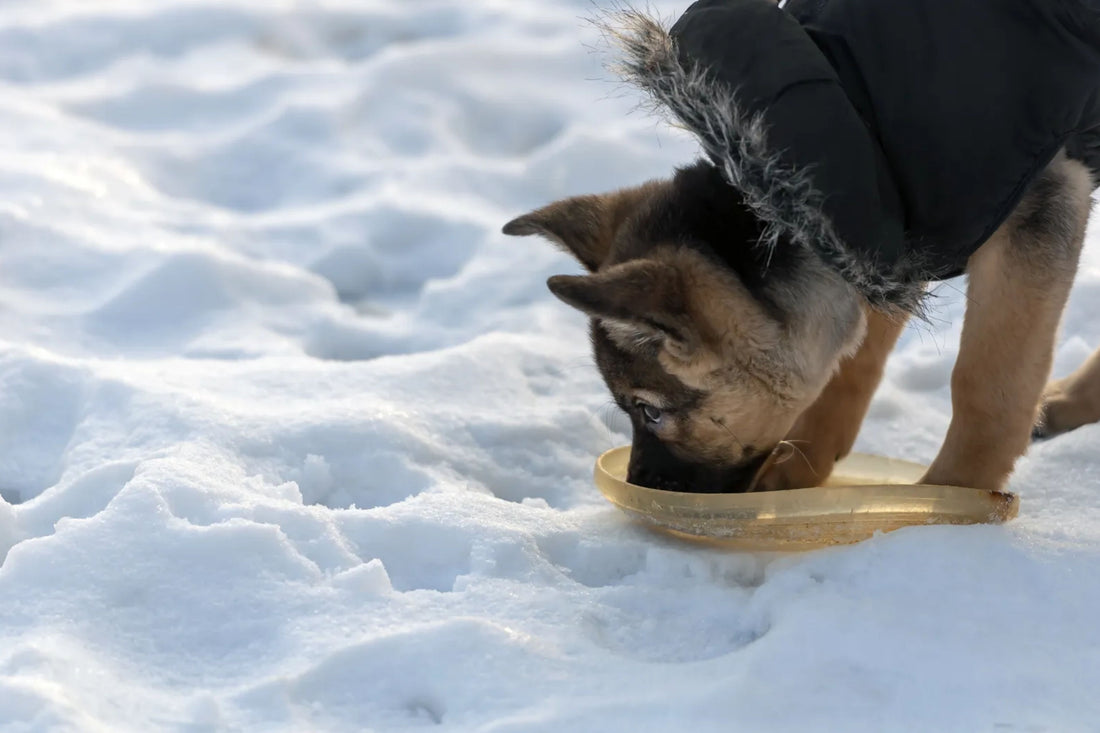
Safety Tips for Pets in Extreme Weather Conditions
Share
Extreme weather isn’t just tough on humans — it can be dangerous or even deadly for pets. Whether it’s a heatwave, snowstorm, or thunderstorm, knowing how to keep your furry friends safe is essential year-round. 🐶🐱
This guide offers expert-backed safety tips for handling all types of extreme weather conditions — so you and your pet can stay safe, healthy, and happy no matter what nature throws your way. 🌍💕
☀️ Summer Heat & Heatwaves: Keep Pets Cool
High temperatures can lead to heatstroke, dehydration, and paw burns. Dogs, cats, and even small mammals are at risk.
✅ Summer Pet Safety Tips:
- Never leave pets in parked cars, even for a few minutes 🚗❌
- Walk dogs early morning or late evening to avoid hot pavement
- Test pavement temperature with your hand — if it’s too hot for you, it’s too hot for them
- Provide shade and fresh water at all times 💧
- Watch for signs of heatstroke: excessive panting, drooling, lethargy, vomiting
🐕🦺 Hot weather breeds at higher risk: Pugs, Bulldogs, Shih Tzus, and other brachycephalic (flat-faced) breeds
❄️ Winter Cold & Snow: Protect from Frostbite
Cold weather can be just as dangerous. Pets can suffer from frostbite, hypothermia, and dry, cracked paws.
✅ Winter Pet Safety Tips:
- Limit outdoor time, especially for short-haired or small breeds
- Use pet-safe booties and jackets for warmth 🧥
- Wipe paws after walks to remove ice, salt, and chemicals ❄️
- Never shave double-coated breeds in winter
- Provide warm, dry shelter — especially for outdoor cats or community animals
🧊 Watch for signs of cold stress: Shivering, limping, anxiety, whining, or trying to hide
🌩️ Storms, Hurricanes & Floods: Emergency Preparedness
Sudden storms can trigger panic in pets — and create dangerous situations if you're unprepared.
✅ Storm Safety for Pets:
- Keep emergency kits with food, water, medicine, and ID tags
- Microchip your pet in case they get lost 🏷️
- Create a safe space indoors away from windows and loud noises
- If evacuating, never leave pets behind — make sure shelters/hotels allow animals
- Use calming aids or vet-prescribed anxiety medications if needed 🧘
📦 Emergency kit essentials:
Leash, harness, food bowl, vet records, extra meds, calming spray, familiar toys
🔥 Wildfire Smoke & Air Quality Alerts
Poor air quality affects pets just as it does humans — especially pets with respiratory conditions.
✅ Air Quality Pet Tips:
- Keep pets indoors when air quality is poor
- Use HEPA filters or air purifiers
- Avoid outdoor exercise during wildfire events
- Watch for coughing, eye irritation, or unusual fatigue
🐾 General Year-Round Safety Essentials
- Always have updated ID tags and microchips
- Keep a seasonal vet check-up schedule
- Adjust grooming routines to fit the weather
- Know your pet’s breed-specific risks in different climates
- Don’t rely on fur alone — domestic animals need our help to regulate temperature
🐶 Final Thoughts
Your pets rely on you — not just for food and love, but for protection against the elements. From scorching summers to freezing winters, storms, and smoke, being prepared can make all the difference. 💡🐾
🌦️ Stay informed, stay equipped, and always put your pet’s safety first.
Because when the weather turns extreme, your pet’s comfort and survival depend on you. ❤️
![Pawtner [ Good Love Pawtner ]](http://goodlovepawtner.com/cdn/shop/files/logo-04.jpg?v=1747071199&width=600)
